For those navigating a child custody dispute in New Jersey, a vital concern is whether a protective order is available when there are potential risks posed by the other parent. Please continue reading to learn when a protective order can be issued during a child custody dispute in New Jersey and how our experienced Edison Child Custody Lawyers can help you navigate this difficult time.
What Are Protective Orders?
First and foremost, it’s crucial to understand that protective orders, also known as restraining orders or orders of protection, are legal measures that are intended to ensure the safety and well-being of individuals by prohibiting specific behaviors or contact by an alleged abuser.
During a child custody dispute, a judge can issue a Temporary Restraining Order (TRO) or a Final Restraining Order (FRO). A TRO is an initial order that is usually issued quickly to protect someone from an imminent threat of danger while a final hearing is scheduled. It can temporarily modify custody and visitation. A FRO, on the other hand, is a permanent order that is issued after a full hearing. The judge will examine all relevant evidence and determine the scope of the protection and any custody or visitation restrictions.
Can I Obtain a Protective Order During a Child Custody Dispute?
In New Jersey, the “best interests of the child” standard is used to determine which custody agreement will serve the child in terms of safety, stability, and overall well-being. The judge will typically take the following factors into account:
- The age and health of the child
- The child’s needs
- The ability of the parents to meet the child’s needs
- The parents’ ability to cooperate
- Who was the primary caretaker before the separation
- The stability of the home environment
- The child’s parental wishes (if sufficient age and maturity)
- Any other factors deemed relevant by the court
The exact factors considered will vary slightly depending on the unique circumstances of each case. During a child custody dispute, it’s possible to obtain a protective order if there are allegations of domestic violence or abuse. If a protective order is issued, it can have a significant effect on child custody and visitation arrangements in numerous ways. For starters, the order may prohibit contact with the children, the other parent, or other family members, potentially preventing parenting time. It can supersede existing custody orders, which means the judge can temporarily or permanently alter or restrict custody or visitation.
In some cases, a protective order can grant temporary custody to the individual requesting the order, particularly if allegations of child abuse are present. If a protective order is in place, the court may require supervised visitation. This means that the non-custodial parent will spend time with the child under the supervision of a neutral third party. This type of visitation ensures the safety of the child.
At Arndt & Sutak, LLC, we are prepared to help you understand your rights and options. Connect with our firm today for guidance and skilled representation during these challenging times.




